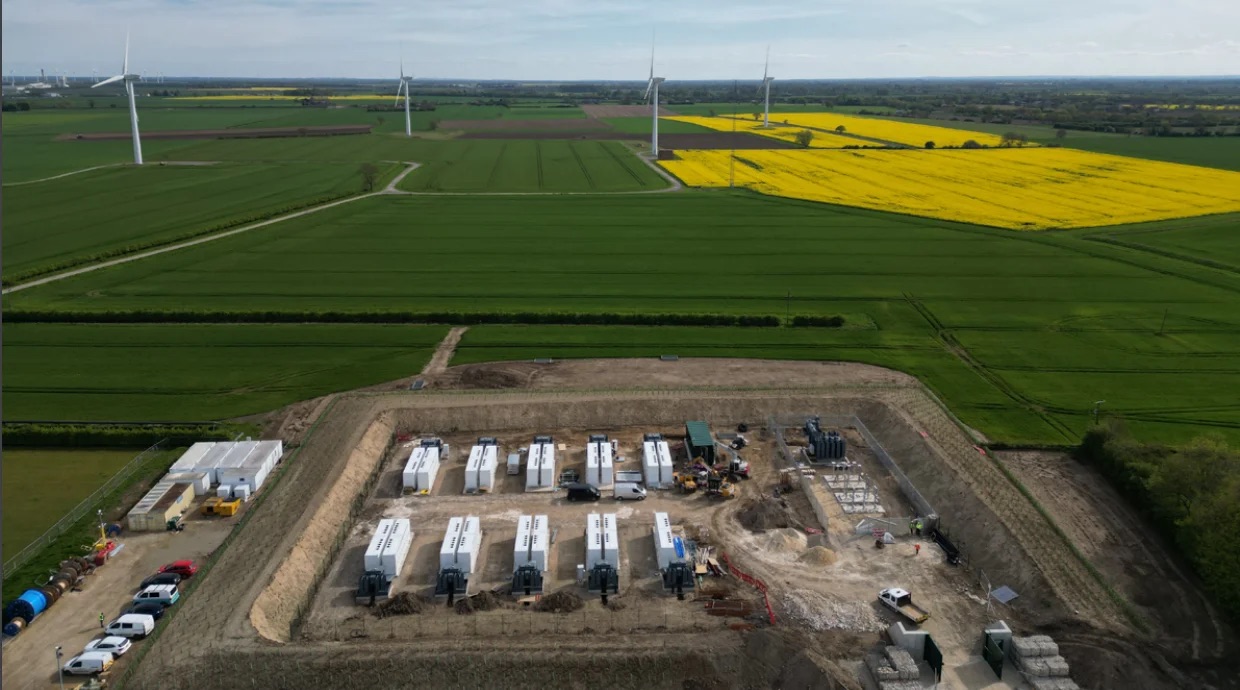

BESS is gaining ground in agriculture for its ability to optimize energy usage. Farmers can manage energy production and consumption more efficiently, integrating renewable sources like sunlight and wind with BESS to reduce reliance on the grid. BESS also helps trim energy costs by balancing demand and avoiding peak-hour tariffs. They serve as emergency backups during power outages, ensuring uninterrupted operations. Integrating with existing systems and minimizing greenhouse emissions, BESS contributes to environmental sustainability in agriculture. In essence, deploying BESS presents farmers with a vital opportunity to enhance efficiency, cut costs, and bolster the sector‘s long-term sustainability.